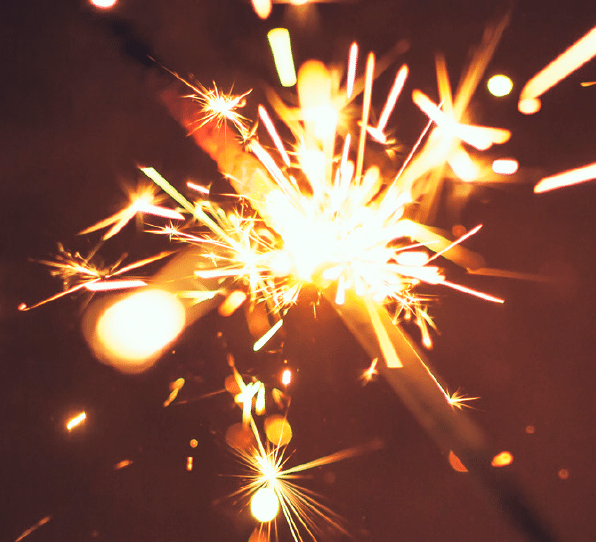
South East Coast Ambulance NHS Foundation Trust (SECAmb) is urging people to act sensibly and follow safety advice ahead of bonfire and fireworks night. SECAmb also wishes everyone a safe and happy Diwali which begins tomorrow (Thursday 4 November).
SECAmb is asking everyone celebrating over both the bonfire and Diwali period to follow some simple tips to stay injury free and avoid the need to seek medical assistance or to have to call 999.
SECAmb Head of Emergency Preparedness, Response and Resilience Dave Williams urged the public to do all they can to protect themselves and others.
He said: “We know people will want to enjoy and celebrate over the coming days but with that comes the sad reality that we will be called to injuries including those caused by fireworks or bonfires every year.
“One injury by whatever means is one too many. It could be an unattended candle, or careless behaviour around a fire – the huge majority of incidents are avoidable. By closely following the safety advice people can avoid the need to contact the ambulance service or wider NHS and keep themselves and others safe.
Fireworks and bonfire safety advice:
- Never use petrol or other chemicals on a bonfire
- Keep fireworks in a closed box away from children and use them one at a time
- Read any instructions carefully using a torch if necessary
- Never smoke around fireworks
- Light fireworks at arm’s length with a taper and stand at a safe distance
- Never return to a firework once it has been lit
- Don’t put fireworks in pockets and never throw them
- Follow safety instructions if using sparklers
- Drinking alcohol and lighting fireworks do not mix
- Consider whether younger children would prefer to watch fireworks from inside
More information on firework safety can be found at The Royal Society for the Prevention of Accidents Safer Fireworks website – https://www.rospa.com/home-safety/advice/fireworks-safety
People can make a real difference to someone’s recovery from a burn by remembering to “Cool, Call and Cover”:
- Cool the burn with running cold tap water for 20 minutes and remove all clothing and jewellery (unless it is melted or firmly struck to the wound)
- Call for help – you can call the NHS 111 service for initial advice on treating burns or call your local GP. In an emergency, call 999
Cover the burn with cling film or a sterile, non-fluffy dressing or cloth. Make sure the patient is kept warm
